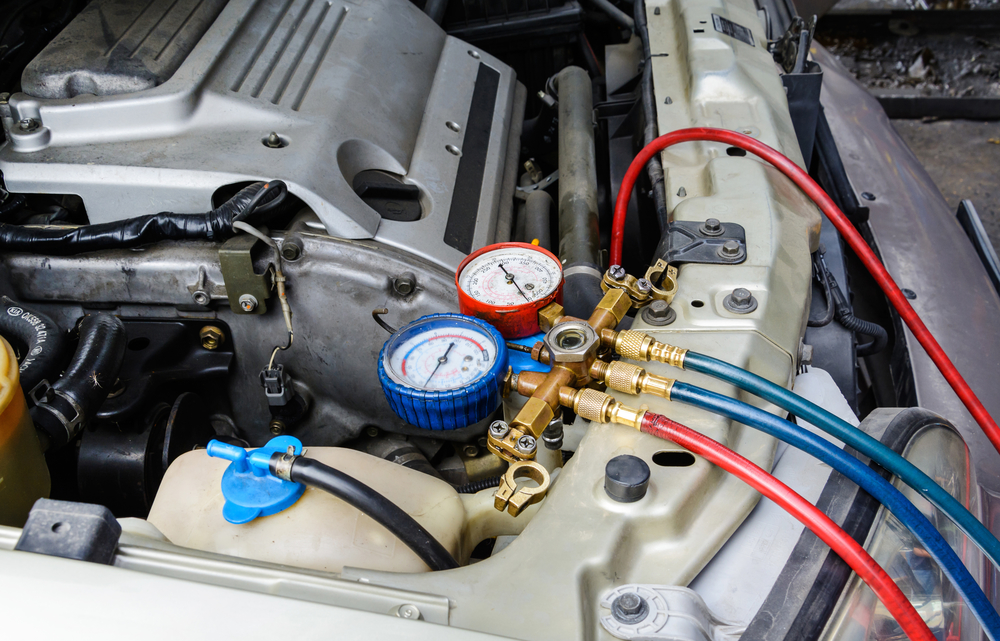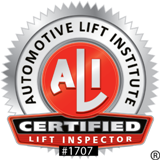R-1234yf is the latest development in auto cooling systems. It’s being introduced gradually in cars sold in the U.S., first in the 2013 Cadillac XTS and ATS, then Chrysler’s Fiat, and many more models are now adopting this type of refrigerant versus the old version — R-134a.
As an auto repair specialist, it’s important that you understand why this transition is taking place, what to expect in terms of how it will affect your daily operations and how to safely navigate this transition to a new stage of refrigerant use.

What Is It?
R-1234yf is an environmentally friendly refrigerant that is vastly different when it comes to its chemical makeup, compared to R-134a. R-1234yf has a 99.7 percent lower global warming potential (GWP), the standard of measurement used to describe greenhouse gases’ effect on the environment.
The European Union adopted new standards on emissions that would switch all light-duty vehicles to this type of coolant by 2017, and the EPA and U.S. Department of Transportation are adopting similar stances, prompting many automakers to proactively begin this transition.
Specifically, R-134a has an atmospheric life expectancy of 13 years. That translates to a GWP rating of 1,400.
Comparatively, R-1234yf has an atmospheric life expectancy of 11 days. That translates to a GWP rating of four. It breaks down much faster than old coolant, making it significantly better for a pollution-conscious society.
Key Differences That Affect Your Shop
Here’s the good news: R-1234yf does not change the way auto cooling systems are built or how they function. That means you don’t have to invest in training and recertification, though you will want to educate yourself and employees on new servicing procedures.
But it does enact changes to how the coolant is handled in that it requires its own set of service equipment. You cannot use your old R-134a service equipment, and retrofitting is strongly discouraged by all auto manufacturers who produce vehicles that use this new coolant type.
Do You Need New Equipment?
EPA regulations call for dedicated tools and equipment for auto shops that service vehicles with R-1234yf refrigerant. This means contaminated refrigerant recovery machines, recycle/recharge machines and leak detection systems must all be purchased to offer this service.
Flammability Factor
Additionally, all technicians should exercise caution when working with new coolant. R-1234yf is flammable, so handling and storage procedures must be in line with how you’d treat any pressurized, flammable gas. Do not expose containers to high heat, and store far away from any ignitable materials. They should be secured in place and kept protected from damage, moisture and corrosion.
Have Questions?
Automotive Specialty Equipment has what your shop needs to adapt to these changes in vehicle cooling systems. Check out our line of R-1234yf service equipment and call us today with any questions.
